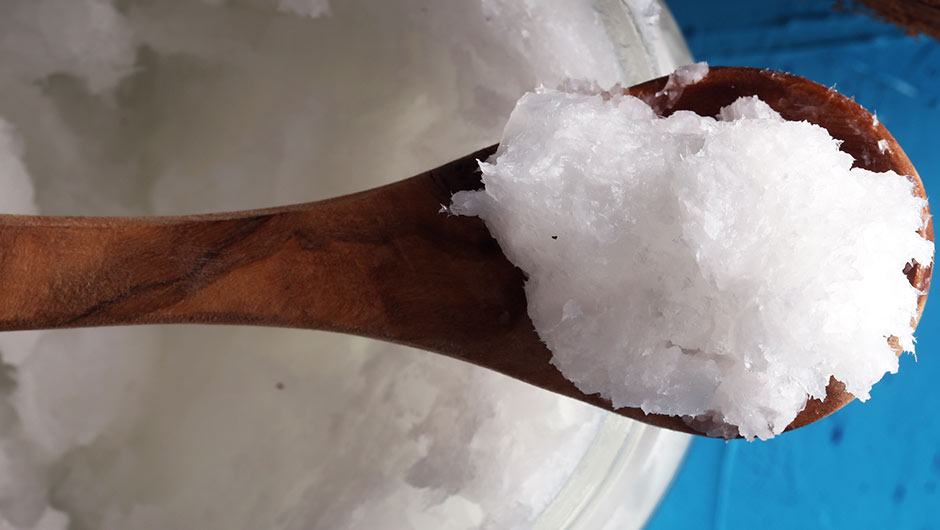Coconut oil has a reputation for being one of the best all-natural beauty products. From moisturizers to cleansers, you can find just about any skincare product infused with coconut oil in it. People believe in the all-natural power of coconut oil so much that they willingly slather it straight onto their faces in the hopes of having clear, flawless skin. Even celebrities from Suki Waterhouse to Miranda Kerr lather their skin and hair in pure coconut oil and preach about it’s alleged skin-clearing abilities. I admittedly was completely obsessed with the idea of using pure coconut oil in hopes of having clean and blemish-free pores, but little did I know I was doing much more damage than good.
Drop the 100% coconut oil for good!
I first started using coconut oil in college after my roommate recommended it to me, saying that her skin and hair completely transformed after using it. Being the skincare junkie I am, I had to try it for myself. It’s all natural, so what would be the worst that could happen, right?
I was dead wrong. The coconut oil made my skin completely breakout, and it cleared up within a few weeks after I switched back to my usual moisturizer. It made no sense to me, so I chatted with board certified dermatologist and founder of FryFace, Fayne L. Frey, MD, FAAD, to give me some guidance on the negative effects of coconut oil as a moisturizer.
“The consumer assumes that the moisturizing product actually adds water to the skin. In actuality, this is not the case,” said Frey. “One of the skin’s most crucial functions is its ability to create a barrier to water loss. The application of well formulated moisturizers allow the skin to repair its barrier function, reduces the evaporation of water from the skin into the environment, allows the skin to repair the lipids that hold and redistribute water thereby improving the skin’s integrity and its appearance. Three types of ingredients are used in moisturizers to perform these functions, humectants, occlusives, and emollients.”
Frey said that coconut oil does contain two of the three: occlusives, which create a grease-like barrier on the skin to prevent water from evaporating, and emollients, which fill the cracks between dry skin to give it a hydrated look. However, it does not contain humectants.
Humectant compounds, according to Frey, “are able to attract water from the lower levels of the skin and draw it into the upper levels of the epidermis.” Its a crucial part in keeping your skin fully hydrated and moisturized, and its absence in coconut oil is a main reason why Frey does not recommend using it as a moisturizer.
As for my breakouts that appeared when using coconut oil? Well, Frey stated that coconut oil does have a tendency to clog pores because of its thickness. It also leaves a gross, sticky residue on your skin, so why would you want to deal with that?
So, our verdict: don’t bother using coconut oil as a moisturizer, especially if you’re acne prone like me. There are much better moisturizers out on the market that will actually keep your skin hydrated while preventing breakouts instead of causing them.
If you’re in search of a new moisturizer, then check out this dermatologist-recommended drugstore moisturizer that will clear your skin without clearing your bank account!
Coconut oil, skincare

